Nigeria’s education system has been trapped in a cycle of stagnation for decades, failing to equip students with the skills needed to thrive in a rapidly evolving world. Symptoms of this failure include high youth unemployment, a mismatch between education and labour market demands, and an over-reliance on theoretical learning. According to the National Bureau of Statistics, Nigeria’s youth unemployment rate stood at 42.5% in 2023, highlighting the education sector’s struggle to align with economic realities.
Dr. Tunji Alausa, the Minister of Education, is driving a fundamental shift under President Bola Tinubu’s Renewed Hope Agenda. With bold initiatives and data-driven policies, he is challenging the status quo to address deep-rooted issues in the system.
Tackling Learning Poverty
Nigeria faces a learning poverty crisis, with 45 million Nigerians unable to read age-appropriate texts. Over 20 million children are out of school, particularly in northern states such as Borno, Yobe, and Adamawa. To combat this, Alausa has introduced a three-pillar strategy:
1. Equitable access to education – Ensuring marginalised children, especially in rural areas, enter the formal education system.
2. Improved learning outcomes – Shifting from rote memorisation to literacy, numeracy, and critical thinking.
3. Stronger governance – Strengthening school oversight through School-Based Management Committees (SBMCs) in collaboration with international NGOs.
Expanding Technical and Vocational Education (TVET)
Nigeria has long neglected Technical and Vocational Education and Training (TVET), leaving industries without skilled labour while unemployment remains high. Alausa’s strategy focuses on:
Implementing a performance monitoring framework for TVET programmes.
Revamping curricula to align with industry needs.
Creating hands-on training opportunities in high-demand fields such as CNG conversion, solar energy, electric vehicle maintenance, and mechanised farming.
Providing stipends, accommodation, and entrepreneurial grants to encourage TVET participation.
Reforming University Education
Despite Nigeria producing thousands of university graduates annually, poor employability remains a major concern. Recognising this, Alausa has prioritised medical sciences for reform:
Quadrupling admissions into medical schools by 2027 to address the shortage of healthcare professionals.
Upgrading 18 medical schools across six geopolitical zones, improving classrooms, laboratories, and student accommodations.
Constructing six world-class simulation labs for hands-on medical training.
Expanding nursing and community health training through new Monotechnics.
Emphasising Data-Driven Education Governance
Nigeria’s education sector has suffered from a lack of real-time data, leading to inefficiencies. To address this, the Ministry of Education is developing the Nigeria Education Data Infrastructure (NEDI), a unified digital platform that will:
Track school enrollments, learning outcomes, and infrastructure needs in real time.
Improve resource allocation to where funds are most needed.
Investing in Education Infrastructure
Alausa has prioritised renovating federal government colleges and tertiary institutions, focusing on:
Upgrading classrooms and laboratories to improve learning.
Expanding student accommodations to meet growing enrollments.
Modernising faculty buildings to attract and retain high-quality educators.
Enhancing Federal and State Collaboration
To ensure policy consistency, Alausa has engaged:
The Nigerian Governors Forum to align federal and state education policies.
The State Commissioners of Education Forum to foster collaboration.
Private-sector partnerships to drive innovation and sustainable funding.
Conclusion
Dr. Tunji Alausa’s bold, data-driven, and execution-focused approach is tackling Nigeria’s education crisis at its core. By addressing learning poverty, expanding TVET, improving university education, integrating data-driven governance, and upgrading infrastructure, he is laying the foundation for an education system that produces innovators, entrepreneurs, and global professionals. His reforms are not just about statistics—they aim to transform lives, create opportunities, and position Nigeria as a leader in education and workforce development.
Dr. Jeff Ukachukwu is a public affairs analyst and communication consultant. You can reach him at jeffuka@gmail.com.





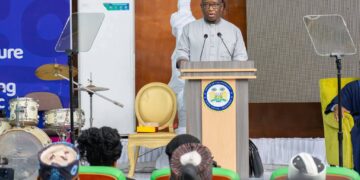

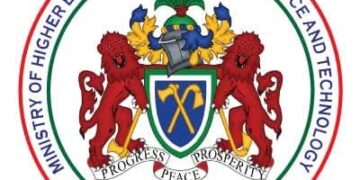























































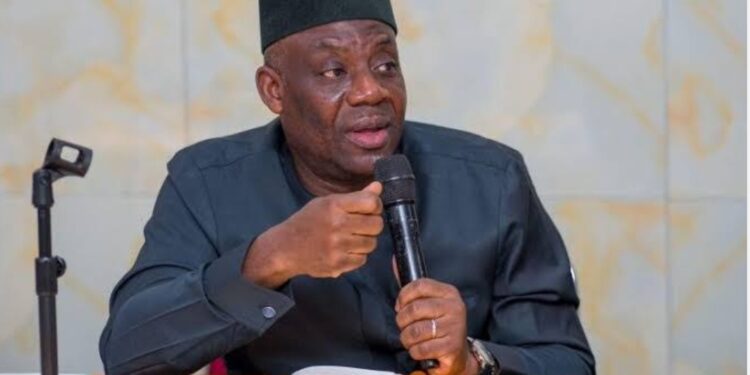





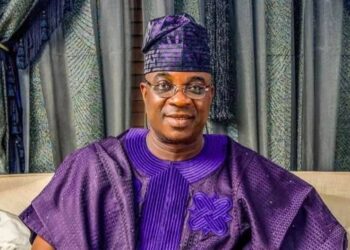
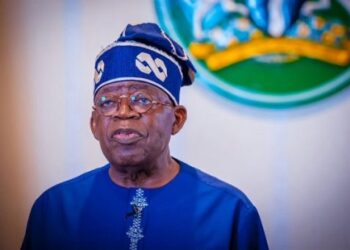

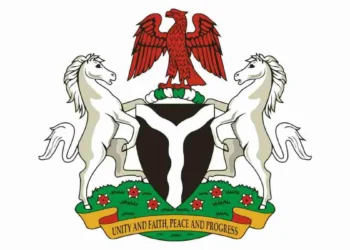









 EduTimes Africa, a product of Education Times Africa, is a magazine publication that aims to lend its support to close the yawning gap in Africa's educational development.
EduTimes Africa, a product of Education Times Africa, is a magazine publication that aims to lend its support to close the yawning gap in Africa's educational development.
